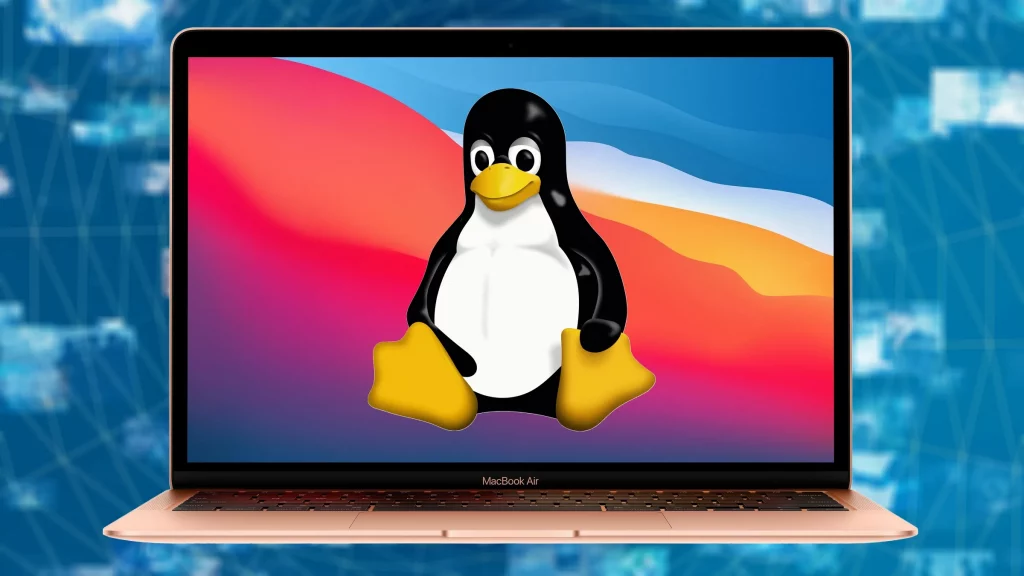Apple is growing its laptop market withApple continues its growth in the laptop market with M series processors and setting new performance standards. However, MacBooks have weaknesses. Traditional processors outperform M-series silicon in terms of software support. Nevertheless, Apple is quickly catching up with its competitors. Lastly, the release of the Linux 6.2 kernel brought a significant milestone for new Mac users. Here are the details…
Linux 6.2: The First Mainstream Linux Kernel for Apple M1 Chips Arrives
The release of the Linux 6.2 kernel brought with it a significant milestone for Apple Mac users. With upstream support for the Apple M1 Pro, M1 Max, and M1 Ultra chips, users with newer Macs can now run Linux on their machines. This is particularly exciting news for tech enthusiasts who have been eagerly waiting for Linux to run on the M1-powered machines.

The release of the Linux 6.2 kernel brought with it a significant milestone for Mac users. With upstream support for the Apple M1 Pro, M1 Max, and M1 Ultra chips, users with newer Macs can now run Linux on their machines. This is particularly exciting news for tech enthusiasts who have been eagerly waiting for Linux to run on the M1-powered machines.
Fortunately, the Asahi Linux team, led by software engineer Alyssa Rosenzweig, was up to the challenge. By July 2022, Linux on ARM and the M1 became a reality. Today, this support is finally ready for mainline Linux users. The inclusion of M1 support in the Linux 6.2 kernel is expected to be a game-changer for Linux Mac users. While the support is still experimental at this point, it is expected to become the default kernel for Ubuntu 23.04 and to be included in Fedora 38 before the late April release of Linux 6.3.

However, M1 support is not the only notable addition to the Linux 6.2 kernel. Contributions from companies such as Intel, AMD, Google, and Red Hat have resulted in numerous features being added to the kernel. For example, the kernel now includes stable support for Intel Arc Graphics and initial support for Nvidia GeForce RTX 30 series “Ampere” accelerated graphics with Nouveau open-source code.
Updated drivers have also been included, such as support for Sony DualShock 4 gamepads, sensors, and fans in the OneXPlayer gaming handheld, Habana Labs’ Gaudi2 AI accelerator, and Asus motherboards. Moreover, the Linux 6.2 kernel includes Call Depth Tracking to help improve performance on older Intel Skylake-era PCs, along with various file-system driver enhancements and security improvements. The NTFS3 file kernel driver has also been improved and updated with new mount options. Overall, the Linux 6.2 kernel provides significant new hardware enablement and features for Linux users.
RELATED:
- Apple’s Latest Press Event Showcases Upcoming Games for iPhone, iPad, Apple TV, and Mac
- Apple First Gen iPhone That Is Still in the Box Sees an Auction Bid…
- Poco C55 Launched in India with 6.71-inch HD+ display, Helio G85, 5,000mAh Battery and More
- Realme GT 3 for China Likely to Feature Snapdragon 8 Gen 3, Launch Timeframe Confirmed
- TWS Shipments In India Record A Whopping 85 Percent YoY Growth In 2022: Counterpoint Research
(via)







